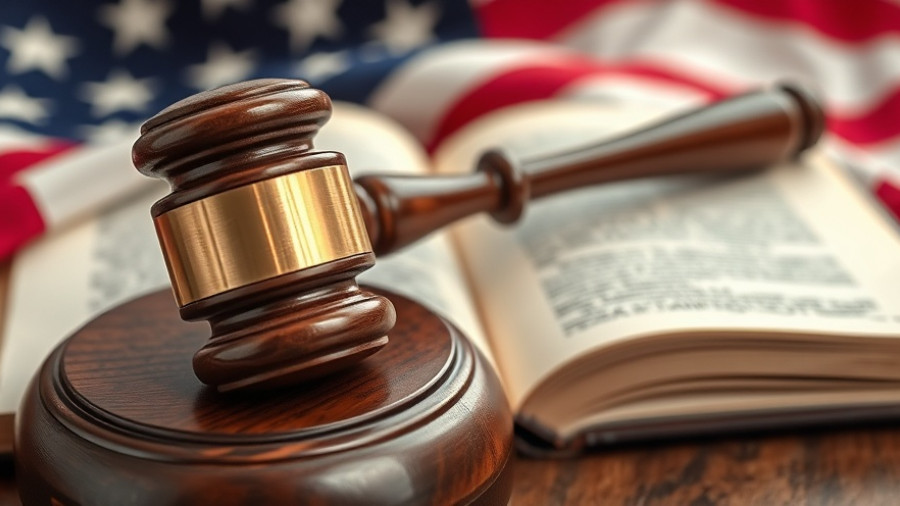
The Voter ID Controversy in Huntington Beach: An Overview
The ongoing legal battle regarding Huntington Beach's controversial voter ID policy raises significant questions not only about local governance but also about the broader implications such a requirement could have on voter participation. With a judge airing concerns about potential voting barriers, the future of this policy remains uncertain as the California appeals court evaluates its legality.
Understanding the Legal Landscape
At the heart of the debate is the legal challenge against Huntington Beach’s voter ID requirement, which emerged as a response to alleged concerns over election integrity. Critics, led by California Attorney General Rob Bonta, argue that the policy violates state law and could disenfranchise voters, particularly marginalized groups who may lack the requisite identification. Bonta has noted that California already ensures voter integrity without imposing such stringent requirements, labeling the local ID mandate a solution in search of a problem.
Why Voter ID Laws Matter
Voter ID laws, often supported by conservative factions, claim to bolster election integrity. However, research shows that these laws disproportionately affect specific demographics. For instance, studies indicate that people of color, women who have changed their names, students, the elderly, and disabled individuals often face substantial challenges in obtaining valid identification. This raises moral questions: does ensuring election security come at the cost of disenfranchising vulnerable populations?
Recent Developments and Political Dynamics
The political dynamics surrounding the voter ID law are notable, reflecting Huntington Beach's shift towards more conservative governance. After local voters approved the ID policy, California's state officials swiftly responded by filing lawsuits aimed at blocking its implementation on the grounds that it conflicts with state election laws. Recent updates also highlight that Governor Newsom signed a law preventing local voter ID laws amidst the litigation, further complicating Huntington Beach’s position.
Public Perception and Community Engagement
As this contentious issue unfolds, public perception plays a crucial role. Many residents are concerned that voter ID laws distract from the core mission of ensuring accessible voting for everyone. Public forums and discussions around voting rights hold importance as community members navigate through feelings of uncertainty. Engaging with local officials and understanding their positions can empower residents to voice their opinions and shape the direction of voting regulations in Huntington Beach.
Looking Ahead: What’s Next for Key Stakeholders?
With a ruling from the Fourth District Court of Appeals anticipated within 90 days, the outcome could significantly impact how elections are managed in Huntington Beach—and potentially beyond. Stakeholders like city officials must prepare for various scenarios, including compliance with state mandates or reevaluating their voter ID strategy altogether. Additionally, groups opposing the ID mandate are likely to ramp up their advocacy efforts in response to the court’s forthcoming decision.
Community Action: The Power of Your Voice
Now more than ever, residents of Huntington Beach must engage in dialogue about the importance of equitable voting practices. Whether through community meetings, local elections, or direct conversations with elected representatives, every voice matters in shaping the future of voting rights. As the discussion surrounding voter ID laws continues, consider how you can contribute to ensuring that all residents can exercise their right to vote without undue burdens.
Pushing for an inclusive approach to voting is a step towards safeguarding democracy in Huntington Beach. Stay informed, stay involved, and make your voice heard!
 Add Row
Add Row  Add
Add 




Write A Comment